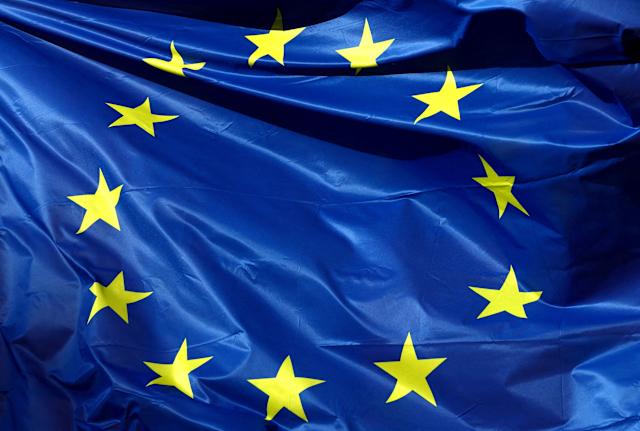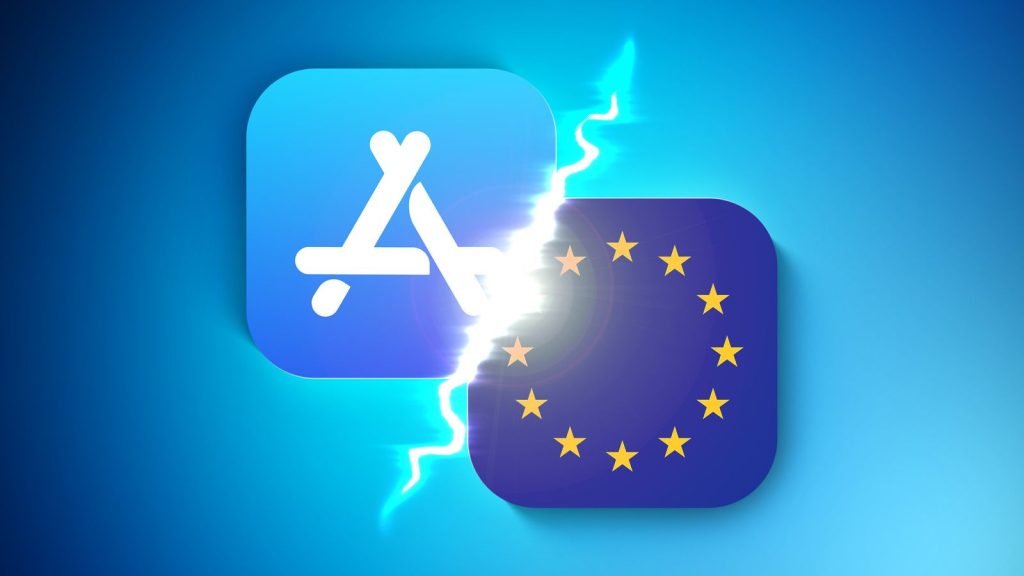Apple’s long-standing dominance in the app marketplace is under renewed scrutiny from the European Commission. Despite receiving a €500 million fine earlier this year, the tech giant is still in violation of the Digital Markets Act (DMA). The Commission claims that Apple’s current App Store policies prevent fair competition, particularly regarding how developers can communicate offers outside Apple’s payment system.
At the core of the issue are what the EC calls “anti-steering” practices. These tactics, including warning messages that discourage users from visiting third-party payment links, are seen as unnecessary obstacles that hurt both developers and consumers. With fewer than 30 days to align with EU regulations, Apple stands on the brink of more financial penalties that could reach up to five percent of its global daily revenue. The implications for tech regulation across Europe are both immediate and far-reaching.
How Apple’s App Store Policies Conflict With the Digital Markets Act
The European Union’s Digital Markets Act aims to ensure fair play in the digital economy by holding tech giants accountable for their market behavior. Under the DMA, platforms like the App Store must allow developers to share external purchasing options directly with users. Apple, however, has implemented practices that limit this freedom, such as requiring that all digital sales go through its ecosystem.
The EC found that Apple imposed additional steps and scare tactics that discourage users from completing purchases outside the App Store. This not only restricts developer earnings but also limits consumer choice. Apple’s conduct appears designed to maintain its financial grip on app revenue, which the EC views as an abuse of its gatekeeper position.
The Role of “Scare Sheets” in Apple’s Defense Strategy
Apple’s controversial tactic of displaying warning messages, commonly referred to as “scare sheets,” plays a central role in the Commission’s findings. These pop-ups are triggered when users try to navigate to an external website for payment. The message warns users that Apple does not guarantee the safety or privacy of such transactions.
While Apple argues that these warnings are meant to protect user data, the EC interprets them as a deterrent strategy. By fostering distrust around external purchases, Apple limits developers’ ability to communicate directly with their customers. This manipulation of user behavior goes against the spirit of the DMA, which advocates transparency and competitive balance in digital marketplaces.

Potential Consequences for Noncompliance With the EU’s Directive
If Apple fails to make the necessary changes within the specified 30-day window, the European Commission can impose periodic penalty payments. These fines could reach up to five percent of Apple’s average daily global turnover, a staggering financial consequence even for one of the world’s most profitable companies.
Such penalties serve as a strong signal that the EU intends to enforce digital fairness rigorously. The Commission’s stance also paves the way for similar actions against other major platforms that operate within the region. Apple’s noncompliance could trigger broader regulatory interventions that reshape the digital landscape across Europe.
Apple’s Response and Its Position on User Security and Innovation
In response to the European Commission’s decision, Apple released a strongly worded statement expressing disappointment. The company insists that its policies are rooted in protecting users’ security and privacy. According to Apple, the DMA’s enforcement compromises the integrity of its products by forcing it to permit external links that may not meet Apple’s stringent safety standards.
Apple claims the ruling undermines its intellectual property and business model, accusing the Commission of promoting rules that hurt innovation and consumer satisfaction. The company plans to appeal the decision, stating that the Commission’s demands go beyond fair regulation and border on forcing Apple to give away its technology without compensation.
Broader Implications for Digital Platforms and Developers
Apple’s standoff with the European Commission highlights the increasing tension between regulatory bodies and dominant tech platforms. For developers, a favorable outcome could mean greater freedom to monetize their apps without sharing revenue with Apple. It also opens up new channels for customer engagement and direct sales.
From a broader perspective, the EU’s assertive stance could inspire similar regulations in other regions. Countries grappling with digital monopolies might adopt the DMA as a template to regulate their own tech ecosystems. This case may mark a turning point in how global platforms are required to operate within regional markets.

FAQ’s
What is the Digital Markets Act (DMA)?
The DMA is an EU law designed to prevent anti-competitive behavior by major digital platforms and ensure a level playing field for developers and consumers.
Why is Apple being fined by the European Commission?
Apple is facing penalties for policies that prevent developers from informing users about alternative payment methods outside the App Store, violating the DMA.
What are Apple’s “anti-steering” practices?
These are strategies that make it harder for users to complete transactions outside the App Store, such as warning messages that discourage external purchases.
What could happen if Apple doesn’t comply with the DMA?
The company may face periodic fines of up to five percent of its daily global revenue and additional legal challenges within the EU.
Is Apple planning to change its policies in response to the ruling?
Apple plans to appeal the decision and argues that its practices prioritize user security, although it must comply within 30 days or face further penalties.
Conclusion
Apple’s current App Store rules have placed it at odds with the European Union’s Digital Markets Act, drawing fines and legal pressure. With less than a month to bring its policies into compliance, Apple stands at a crossroads that could reshape its operations across Europe. The battle between innovation and regulation continues to evolve, setting the stage for broader implications in the global digital economy.


